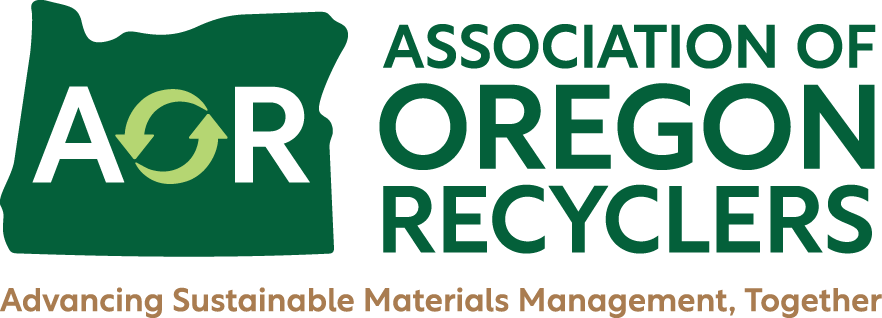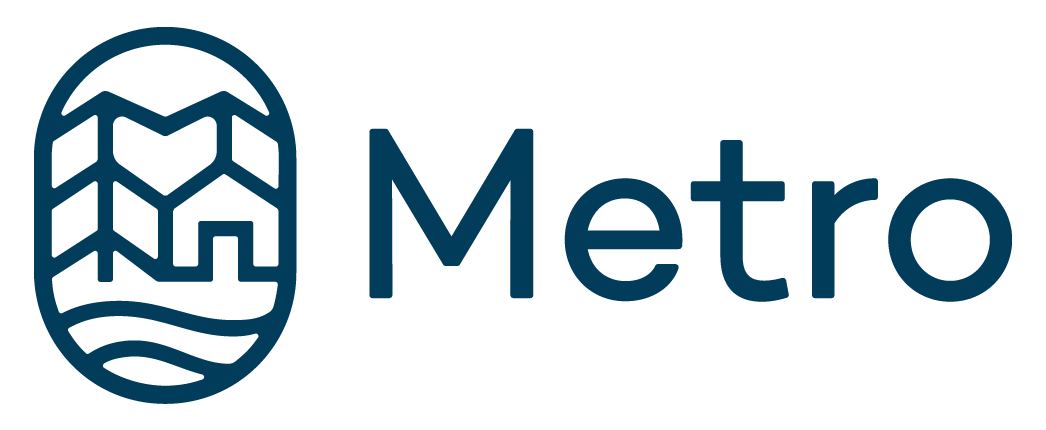World News
Coca-Cola and Carlsberg Will Switch to Plant-Based Bottles That Break Down Within a Year
The Paper Bottle Company (Paboco) wants to help manufacturers and distributors reduce their single-use plastic waste by creating bottles made from degradable plant sugars rather than fossil fuels. BillerudKorsnäs, a paper packaging developer, first started this initiative in 2013, and has been joined by research companies and industry leaders like Avantium and ALPLA. The project proudly announced in October 2019 that Coca-Cola, L’Oreal, and Absolut had joined their efforts.
New Report Finds Overwhelming Majority of Global Consumers Are Willing to Pay More for Sustainable Packaging
According to new research by Trivium Packaging, nearly three-fourths (74 percent) of consumers are willing to pay more for sustainable packaging. The report, developed in partnership with Boston Consulting Group, surveyed participants for their preferences related to sustainable packaging along with their willingness to pay more for products with environmentally friendly packaging.
Coronavirus risks a return of the throwaway culture
Europe’s ambition to be less wasteful just ran into a coronavirus crisis reality check.
One month after the European Commission launched an ambitious package to move from a throwaway culture to a more circular economy, the pandemic is creating mountains of plastic litter and tons of rotting food.
Pandemic, Plastics And The Continuing Quest For Sustainability
The COVID-19 pandemic has upended the global economy and disrupted the waste, plastic, and recycling industries. While waste management, plastics production, and recycling sectors at first glance appear only tangentially linked to essential services, they are intimately connected to a thriving economy and critical public health roles. The uncertainties associated with the COVID-19 pandemic have caused significant limitations on recycling and municipal waste services in the U.S. and beyond.
Scrap plastic exports plummet 43% this year, paper stable
The latest figures indicate that the plastics recycling disruption is ongoing, and there are many indications the export situation will only experience more uncertainty. For instance, this decrease comes before the impact of the Basel Convention changes in scrap plastic shipping rules. And additional countries are publicly denouncing scrap plastic imports and calling for regulatory reform.
Where Will Your Plastic Trash Go Now That China Doesn't Want It?
Plastic garbage from Trader Joe's and an AARP card are peeking out of hillocks of plastic trash piling up in Indonesia.
It's a sign of a new global quandary: What should wealthy countries do with their plastic waste now that China no longer is buying it?
P&G releases refillable packaging
The Procter & Gamble Co. (P&G), headquartered in Cincinnati, used the World Economic Forum Annual Meeting in Davos, Switzerland, to announce a new partnership that further advances P&G’s Ambition 2030 sustainability goals.
Billion Dollar Alliance Targets Plastic Waste
Companies from throughout the plastics value chain have committed more than $1 billion to reduce plastic waste by improving waste management systems and cleaning up existing pollution.
The Alliance to End Plastic Waste will focus its significant resources on developing waste collection infrastructure, innovating in recycling and product design, educating consumers about waste, and cleaning up plastic in the environment.
Additional scrap grades now on China’s restricted list
The People’s Republic of China has announced that eight types of scrap metal will move from its “Catalogue of Solid Waste Not Restricted to Import as Raw Materials” list to its “Catalogue of Solid Waste Restricted to Import as Raw Materials” list. According to a news release from the Brussels-based Bureau of International Recycling (BIR), the items will be moved to the restricted list beginning July 1, 2019.
How Mountains of U.S. Plastic Waste Ended Up in Malaysia, Broken Down by Workers for $10 a Day
How scrap from California ended up in a junkyard 8,500 miles away, broken down manually by workers earning $10 a day, is the story of the reshaping of the global garbage and recycling system. For three decades the United States and other industrialized nations have shipped most of their plastic waste overseas — primarily to China, where cheap labor and voracious factories dismantled the scrap and turned it into new plastic goods.


